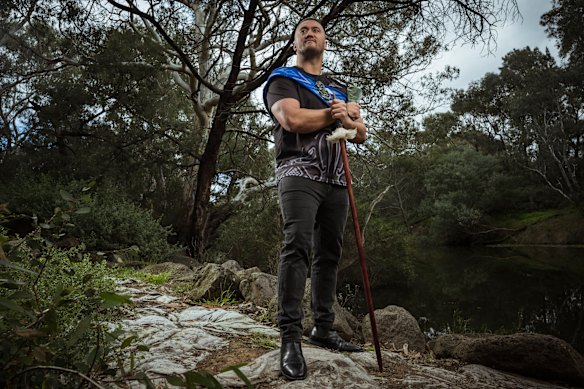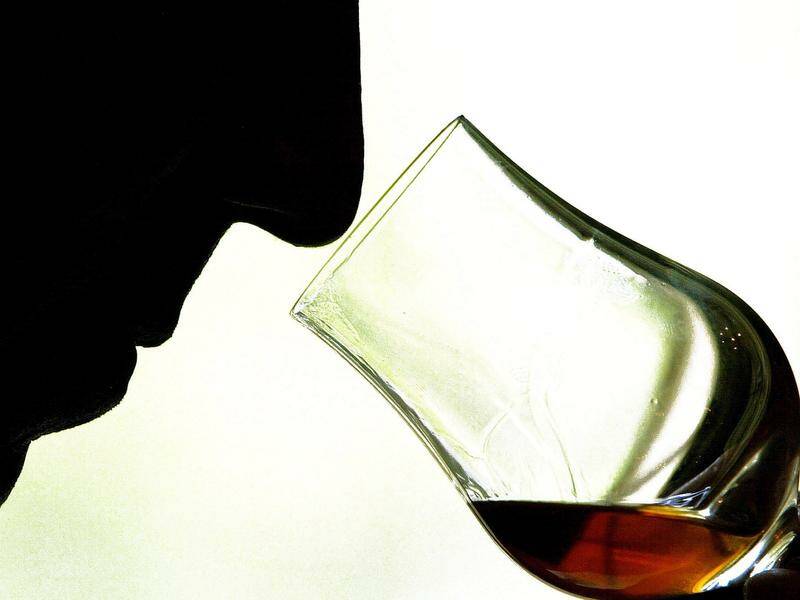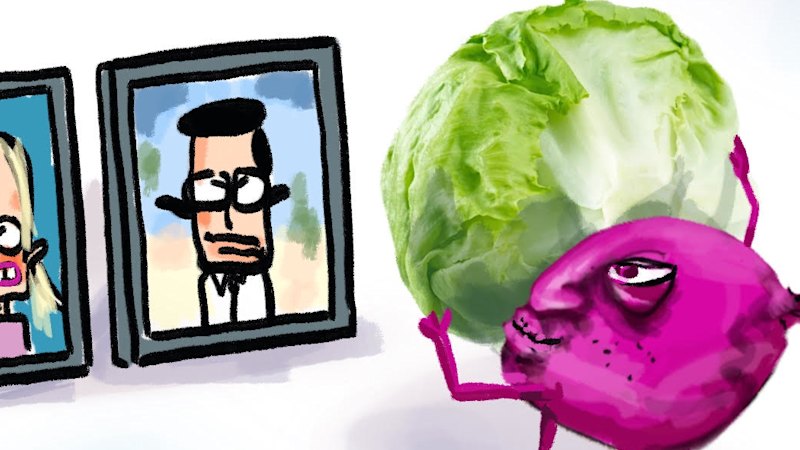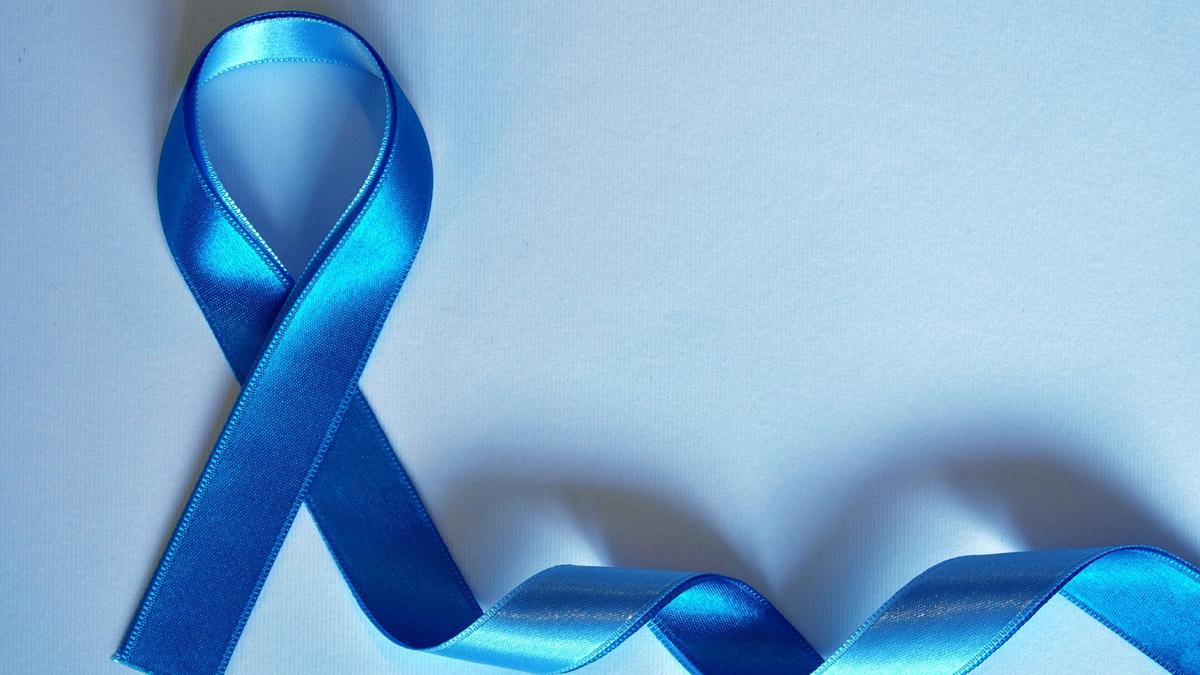
A new stage play titled The Yellow Line brings the often-hidden realities of prison life into the spotlight, drawing from the experiences of Tyson Tuala, a former prison guard. After nearly four years at the soon-to-be-closed Port Phillip Prison in Australia, Tuala has crafted a narrative that challenges the perceptions surrounding incarceration and the individuals within the system.
Prisons are typically viewed as isolated institutions, far removed from the daily lives of most citizens. Many people go through life without ever encountering these facilities, sometimes harboring fears about both the environment and the inmates. Tuala’s unique perspective, having worked directly with inmates, allows him to offer insights that few others can. The concept of the “yellow line” serves as a metaphorical boundary between guards and inmates, a line that Tuala crossed during his tenure.
In collaboration with Alaine Beek, founder of Essence Theatre Productions, Tuala has transformed his experiences into a compelling performance. The Yellow Line centers on Tuala’s efforts to engage a group of disinterested inmates in learning the haka, a traditional Māori war dance. The play aims to spark dialogue and understanding, highlighting the often-overlooked stories of both guards and prisoners.
Tuala believes that sharing these narratives can help dismantle preconceived notions. “If people can see and hear these stories, it starts to break down those barriers or the assumptions of what it’s like for different people – for guards, for prisoners,” he stated. He emphasized that exposure to diverse experiences fosters empathy and encourages audiences to reconsider their beliefs.
The play not only explores the dynamics within prisons but also addresses the broader societal issues affecting Māori and Pacifika communities, which face disproportionate rates of incarceration in Australia. Tuala hopes that the themes presented will resonate with First Nations people, who also experience overrepresentation in the criminal justice system. He acknowledges the support from these communities as instrumental in his journey to share his story on Woiwurrung Country.
While many Australians might associate the haka primarily with sports, such as its performance by the All Blacks rugby team, Tuala aims to delve deeper into its cultural significance. He notes that the haka embodies profound emotional and spiritual elements, which are explored throughout the play.
As The Yellow Line prepares for its audience, Tuala and Beek are poised to challenge perceptions and encourage meaningful conversations about the realities of prison life and the systemic issues that underpin it. Through this artistic endeavor, they hope to illuminate the complex narratives that exist within the walls of correctional facilities, fostering a greater understanding among the public.






